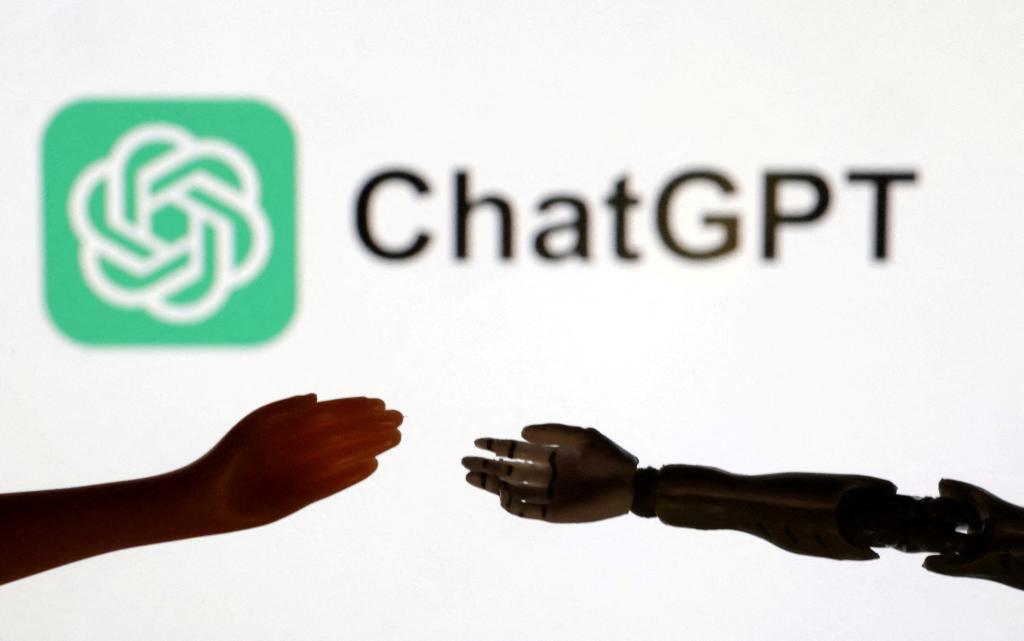The New York Times on Wednesday slapped ChatGPT creator OpenAI and its chief backer Microsoft with a federal copyright infringement lawsuit — setting up a legal battle that could rein in the emerging technology as publishers fight for survival.
Filed in Manhattan district court, the lawsuit alleges that OpenAI and Microsoft used “millions” of copyrighted articles to create artificial intelligence products that compete with and threaten the Gray Lady’s ability to provide that service.
“Through Microsoft’s Bing Chat (recently rebranded as “Copilot”) and OpenAI’s ChatGPT, defendants seek to free-ride on The Times’s massive investment in its journalism by using it to build substitutive products without permission or payment,” the lawsuit asserts.
The Times’ lawsuit — the first by a major media organization against OpenAI and Microsoft — is seeking unspecified damages and wants the court to order the “destruction” of all GPT and “large-language models” that were trained using its work.
The newspaper “seeks to hold them responsible for the billions of dollars in statutory and actual damages,” the complaint said.
OpenAI and Microsoft did not immediately return The Post’s request for comment on the lawsuit.
The complaint alleges OpenAI and Microsoft’s AI products used proprietary articles in its responses and diverted traffic that would otherwise go to the Times’ web properties — depriving the company of advertising, licensing and subscription revenue.
“Times journalism is the work of thousands of journalists, whose employment costs hundreds of millions of dollars per year,” the Times said in its complaint. “Defendants have effectively avoided spending the billions of dollars that The Times invested in creating that work by taking it without permission or compensation.”
While OpenAI’s parent is a non-profit company, Microsoft has invested $13 billion in a for-profit subsidiary, for what would be a 49% stake.
Investors have valued OpenAI at more than $80 billion.
The suit was lodged after months of negotiations between the companies failed to produce a deal, according to the Times.
Others have challenged OpenAI’s alleged misuse of their copyright material.
Novelists including David Baldacci, Jonathan Franzen, John Grisham and Scott Turow have also sued OpenAI and Microsoft in the Manhattan court, claiming that AI systems might have co-opted tens of thousands of their books.
This is a breaking story. Check back for updates.
Source




